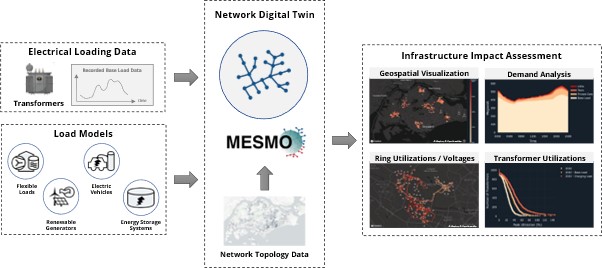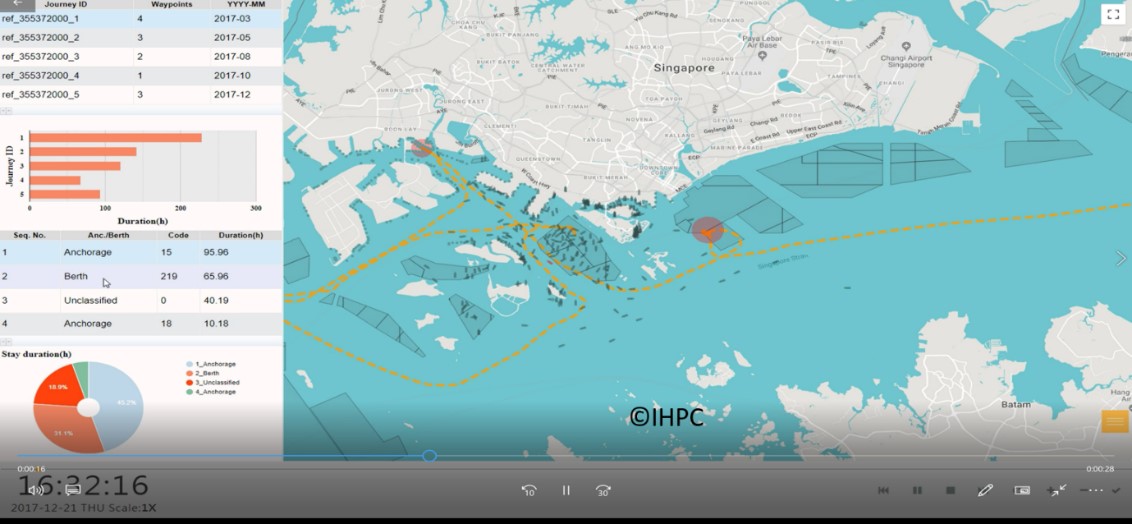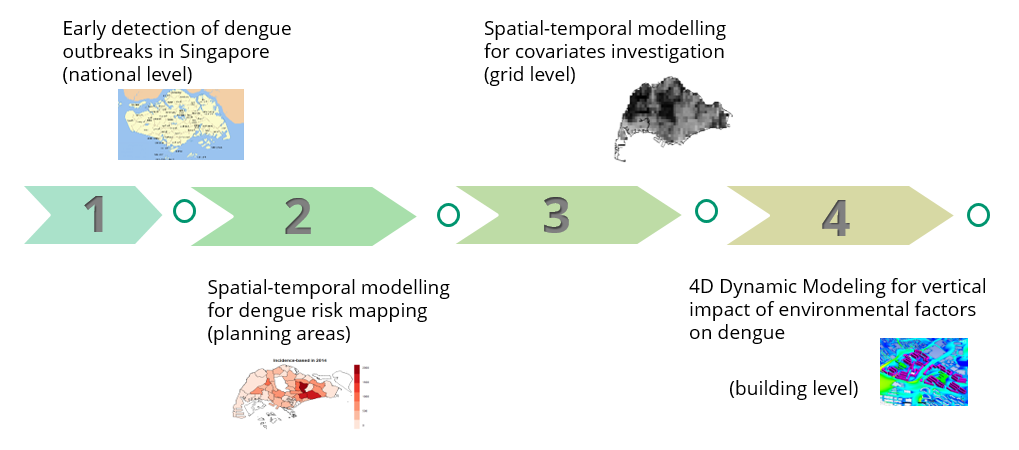Systems science
IHPC utilises advanced computational analytics, modelling, simulation and optimisation to study and understand the dynamics and/or behavior of a broad spectrum of systems. Our researchers harness data & knowledge-driven approaches to uncover deep insight into the nature of these systems and networks.
Key focus areas of interest include urban systems such as transportation, logistics and supply chain, maritime and port operations as well as healthcare. Leveraging on our state of the art expertise, we strive to improve planning processes, operational efficiency and safety, and develop novel solutions for that will bring about positive impact to both public sector agencies and private companies alike.
Key focus areas of interest include urban systems such as transportation, logistics and supply chain, maritime and port operations as well as healthcare. Leveraging on our state of the art expertise, we strive to improve planning processes, operational efficiency and safety, and develop novel solutions for that will bring about positive impact to both public sector agencies and private companies alike.
A*STAR celebrates International Women's Day

From groundbreaking discoveries to cutting-edge research, our researchers are empowering the next generation of female science, technology, engineering and mathematics (STEM) leaders.
Get inspired by our #WomeninSTEM
.png?sfvrsn=ff199933_15)




